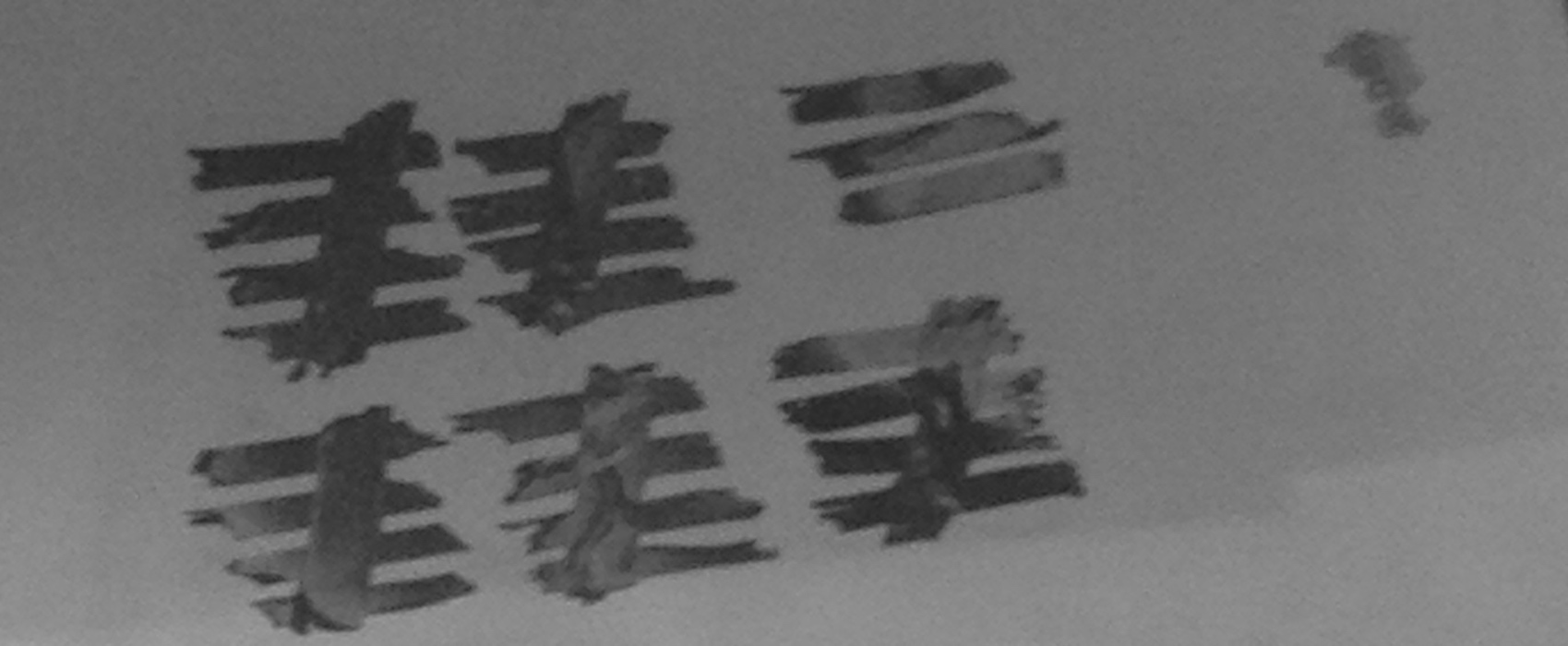At this time, when I am struggling to find a footing in this new life, when pain and loneliness often throw me off course, sap my energy and lay me low, I have to remind myself that it’s early days: Not only do I need to adjust my expectations of myself accordingly, but also appreciate every moment that I’m not weighed down by sadness, those times when I am able to appreciate the beauty of the world around me and feel concern for the suffering of others living in it.
When it comes to optimism, though, I don’t feel able to bring that to the table very often, if at all. But if I take this cautiousness about life, foreboding even, as my starting point, it’s interesting to think about on what grounds I can move forward, not just in a personal context, but in a wider one. A post on the always inspiring Brain Pickings blog featured an interview with Nigerian novelist and poet Chinua Achebe before his death in 2013, in which he seems to suggest that even the fact that our inclination towards struggle is in itself an expression of hope:
I feel that there has to be a purpose to what we do. If there was no hope at all, we should just sleep or drink and wait for death. But we don’t want to do that. And why? I think something tells us that we should struggle. We don’t really know why we should struggle, but we do, because we think it’s better than sitting down and waiting for calamity. So that’s my sense of the meaning of life. That’s really how I would put it, that we struggle, and because we struggle, that struggle has to be told, the story of that struggle has to be conveyed to another generation. You have struggle and story, and these two are quite enough for me.
The question of what constitutes an appropriate response in the midst of a personal and more widespread “devastation of confidence, hope and passion, and creeping meaningless” was something I wrote about in 28 Days in the lead up to the General Election. That piece was important to me because the task of commissioning pieces, even taking copies to cafes like Lerryn’s where I’m sitting today, represented an act of engagement that felt new and brave at the time. It also helped consolidate my thinking about how the personal can flow into the political and remains as a statement that I often reflect on, asking myself if it remains something I want to live by:
This isn’t about positive thinking. There’s no escaping the horrendous reality or the ache of loneliness, the loss of a future hoped for, just as there’s no denying what the experiences of Greek and Egyptian activists shows us, that those in power will use crushing force to put down those who want genuine change. But just as important as what we dream of, or hope for, is what we do when everything seems lost. We keep on. We march, to the booth, on the streets, wherever it takes us. One foot in front of the other, we keep going, hoping, showing up.
While I can’t say I yet feel hopeful about life, I am aware of a dogged determination to struggle and not give up, to show up, even if that’s about all I can do. In the same 1994 interview Achebe was asked by Canadian broadcaster Eleanor Wachtel whether he remained a “moralist and an idealist” after years of political and personal struggle. His answer made me think more about how my writing fits into all this:
[My idealism is] still alive and well because without it the business of the writer would be meaningless. I don’t think the world needs to be told stories of despair; there is enough despair as it is without anyone adding to it. If we have any role at all, I think it’s the role of optimism, not blind or stupid optimism, but the kind which is meaningful, one that is rather close to that notion of the world which is not perfect, but which can be improved. In other words, we don’t just sit and hope that things will work out; we have a role to play to make that come about. That seems to me to be the reason for the existence of the writer.

Leave a Reply
You must be logged in to post a comment.